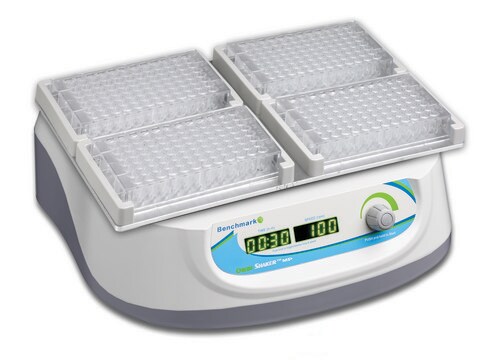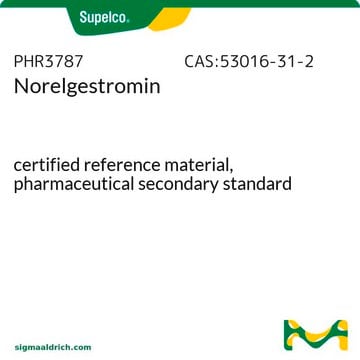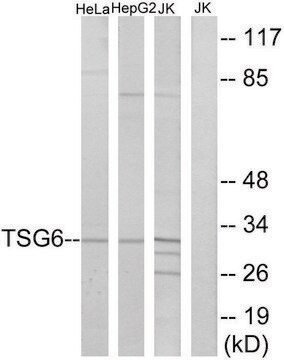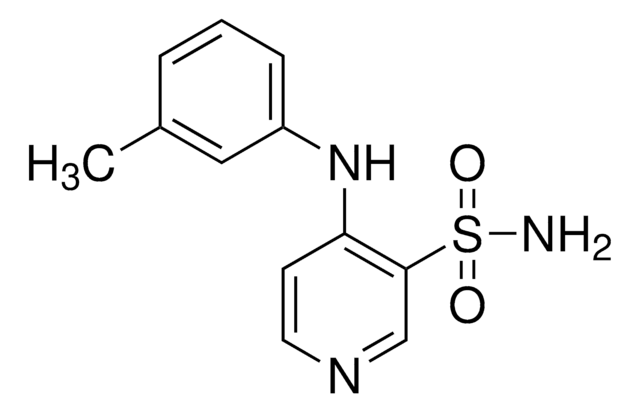RAB1092
Human TSG-6 ELISA Kit
for cell culture supernatants, plasma, and serum samples
Sinonimo/i:
Hyaluronate-binding protein, TSG-6, Tumor necrosis factor-inducible gene 6 protein
About This Item
Prodotti consigliati
Reattività contro le specie
human
Confezionamento
kit of 96 wells (12 strips x 8 wells)
tecniche
ELISA: suitable
input
sample type cell culture supernatant(s)
sample type serum sample(s)
sample type plasma
assay range
inter-assay cv: <12%
intra-assay cv: <10%
sensitivity: 0.2 ng/ml
Metodo di rivelazione
colorimetric
Condizioni di spedizione
wet ice
Temperatura di conservazione
−20°C
Informazioni sul gene
human ... TNFAIP6(7130)
Descrizione generale
Applicazioni
Azioni biochim/fisiol
Altre note
Avvertenze
Warning
Indicazioni di pericolo
Consigli di prudenza
Classi di pericolo
Met. Corr. 1
Codice della classe di stoccaggio
8A - Combustible corrosive hazardous materials
Punto d’infiammabilità (°F)
Not applicable
Punto d’infiammabilità (°C)
Not applicable
Elenchi normativi
Forniamo informazioni su eventuali restrizioni prevalentemente per i prodotti chimici. Per altre tipologie di prodotto siamo in grado di fornire soltanto informazioni limitate. Nessuna segnalazione significa che nessuno dei componenti è citato in un elenco. È dovere dell’utilizzatore assicurarsi che il prodotto venga impiegato in maniera sicura e a norme di legge.
EU REACH Annex XVII (Restriction List)
Certificati d'analisi (COA)
Cerca il Certificati d'analisi (COA) digitando il numero di lotto/batch corrispondente. I numeri di lotto o di batch sono stampati sull'etichetta dei prodotti dopo la parola ‘Lotto’ o ‘Batch’.
Possiedi già questo prodotto?
I documenti relativi ai prodotti acquistati recentemente sono disponibili nell’Archivio dei documenti.
Il team dei nostri ricercatori vanta grande esperienza in tutte le aree della ricerca quali Life Science, scienza dei materiali, sintesi chimica, cromatografia, discipline analitiche, ecc..
Contatta l'Assistenza Tecnica.









